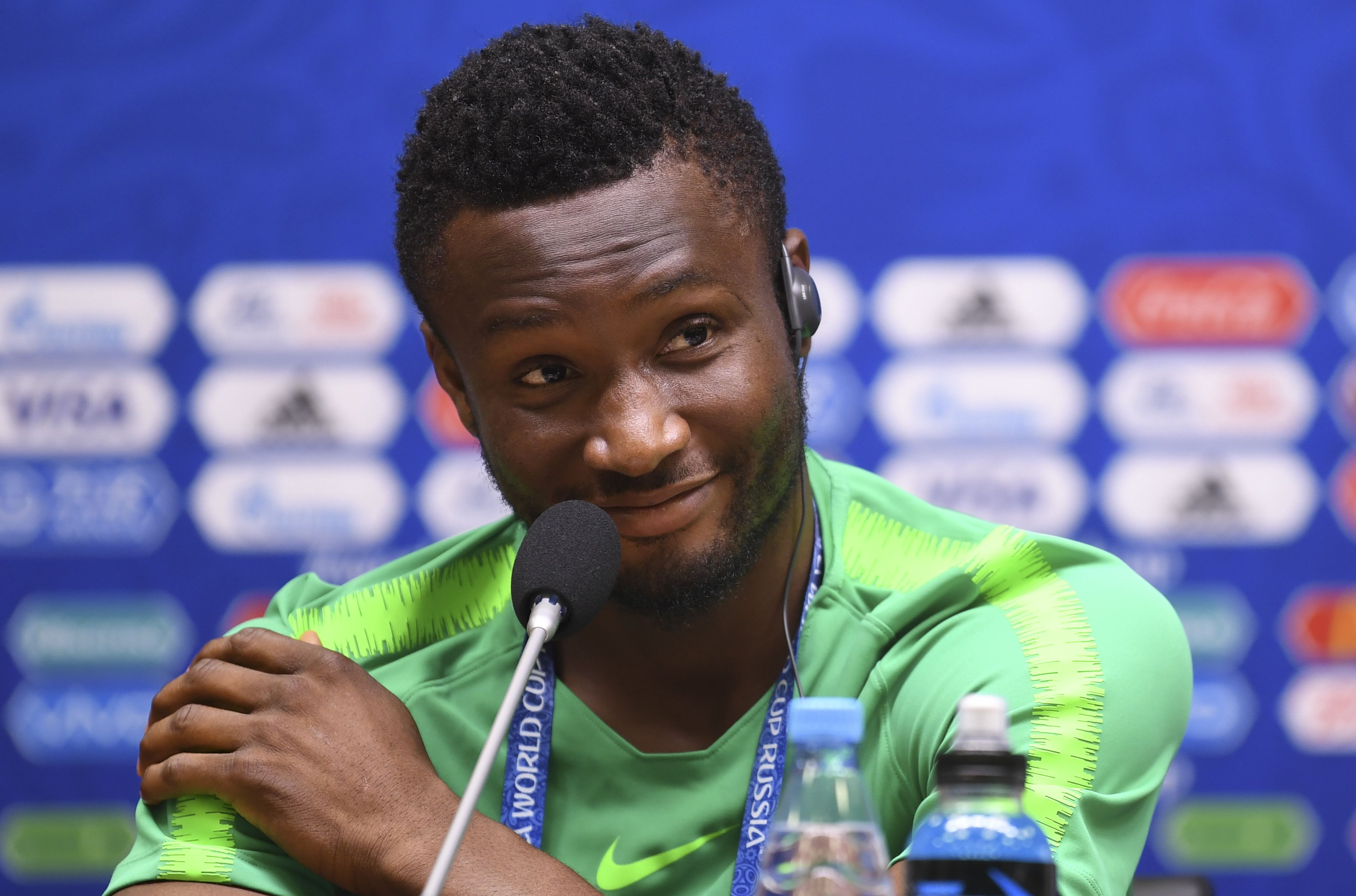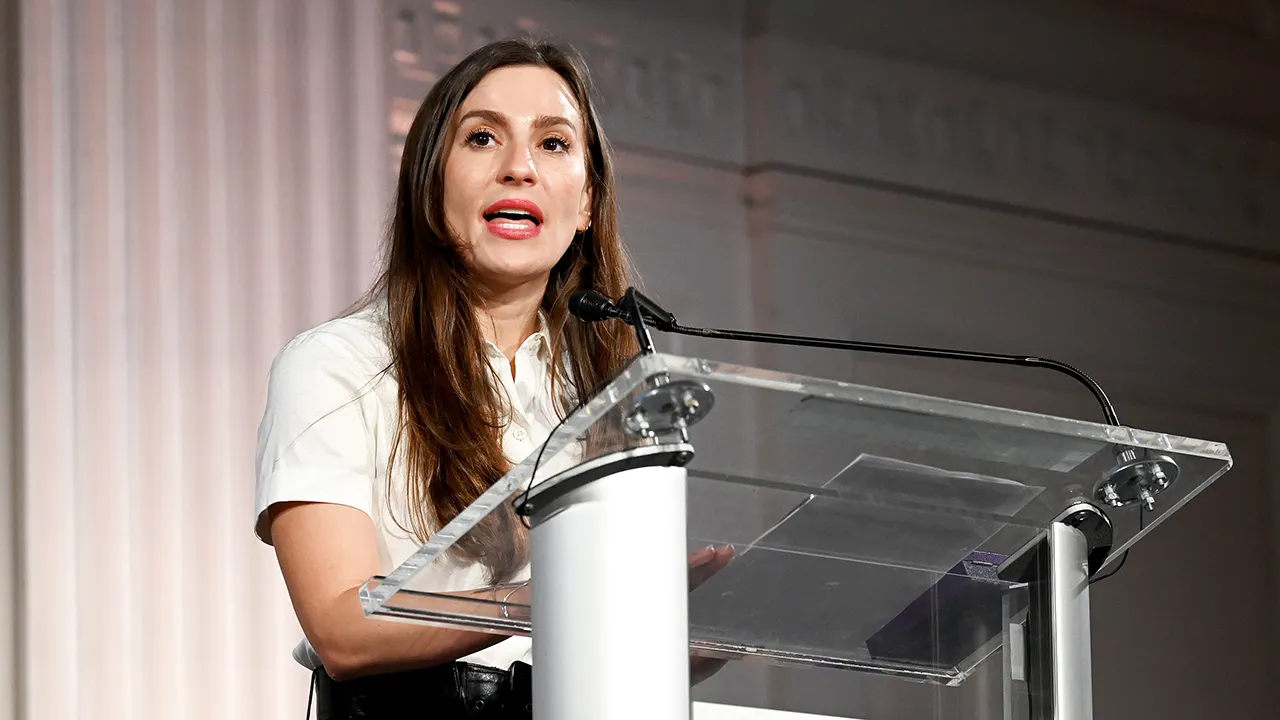After Mikel John Obi left the Allianz Arena pitch on that fateful night in Munich in 2012, he was hailed by most for his man-of-the-match performance. Though he was not the official MOTM, it was easy to see why. He shielded a half-fit central defensive pairing of Gary Cahill and David Luiz against a rampant Bayern Munich and kept the German side quiet for the most part of two hours on their own patch. A few years prior, however, many Nigerian football fans could not understand how Mikel John Obi, a promising midfielder second only to Lionel Messi in talent, could have been pushed into such a defensive role.
From the day in 2005 when he first appeared in an oversized shirt sporting the number nine jersey in Holland during the U-20 World Cup until the end of his career, Mikel John Obi was a player who split opinions. While many felt he was wasting away in defensive midfield at Chelsea and blamed Jose Mourinho for stifling his growth, a few others thought he was a perfect fit for the role he had to play.
Many fans fail to realise that in the 2005 WYC, Mikel played in a double pivot with fellow future Super Eagle Sani Kaita in midfield, but his talent and technical ability elevated him above the level of his midfield partner and also his captain, Isaac Promise, who played ahead of them. The young Mikel found the freedom to roam around and make things happen on the ball while Kaita provided the muscle in midfield. Upon joining Chelsea in 2006, Mourinho put the Nigerian in the best position to utilise his talents. Mikel could never arrive in the box to score like Frank Lampard or charge down opponents all over the pitch like the bison Michael Essien. He did not have the qualities of Michael Ballack, either, on the ball, but none of these midfielders provided the qualities Mikel did.
Mourinho gave Mikel a responsibility to screen the defence in a position where he could use his technical ability to beat opponents and pick passes from deep, and his physicality to shield the ball. The position also helped him make up for his lack of athleticism as he was never the quickest on the ball. Despite playing most of his club football in this role, Mikel never lost his ability to play higher up the pitch as he showed during the 2013 FIFA Confederation Cup against the likes of Spain and Uruguay when he ran rings around their midfield. He came close to emerging as the African Player of the Year in 2013, with Yaya Toure narrowly beating him to the gong. Despite not having the goal and assist numbers that make for pretty viewing on a player’s stats sheet, he arguably deserved to be named CAF Player of the Year in 2013.
Mikel managed to leave an indelible mark on football in England as Chelsea fans continue to remember him fondly. In 2022, five years after he left the club, the fans unveiled a banner in his honour. Mikel John Obi is one of the most decorated and successful Nigerian players for club and country as he won titles and accolades repeatedly.
Up until his retirement in 2022, Mikel John Obi was judged as a player whose growth was stunted from a young age, and many failed to give him his flowers for his achievements. In reality, the 35-year-old was one of the world’s best defensive midfielders in his time. He enjoyed a successful career at club and international level and deserves to be celebrated for his genius. Mourinho coaching him to have greater defensive discipline elevated his game way beyond what many admit or understand.




















Discussion about this post